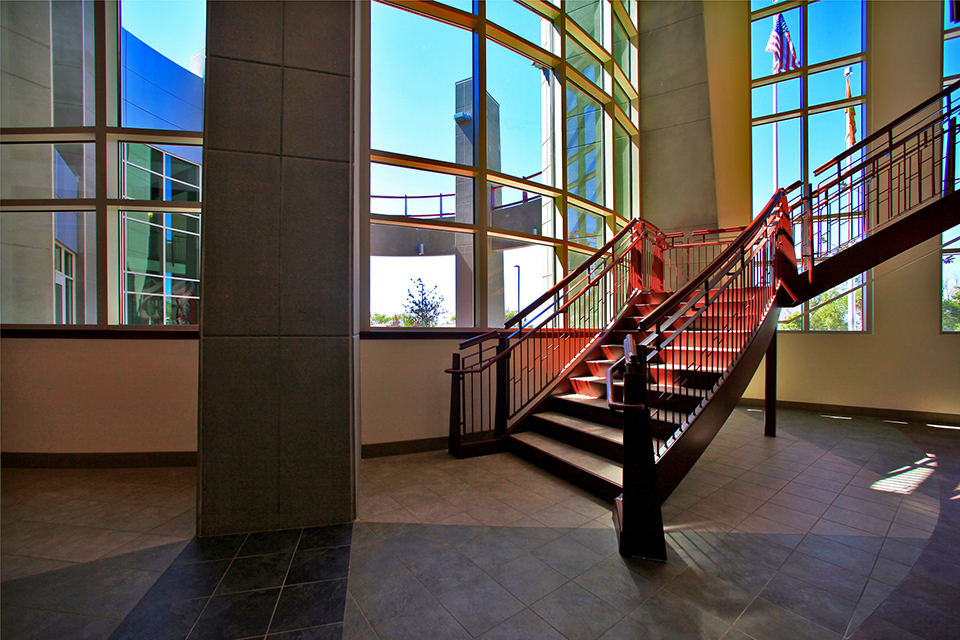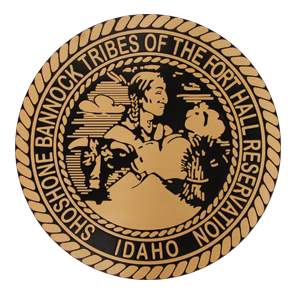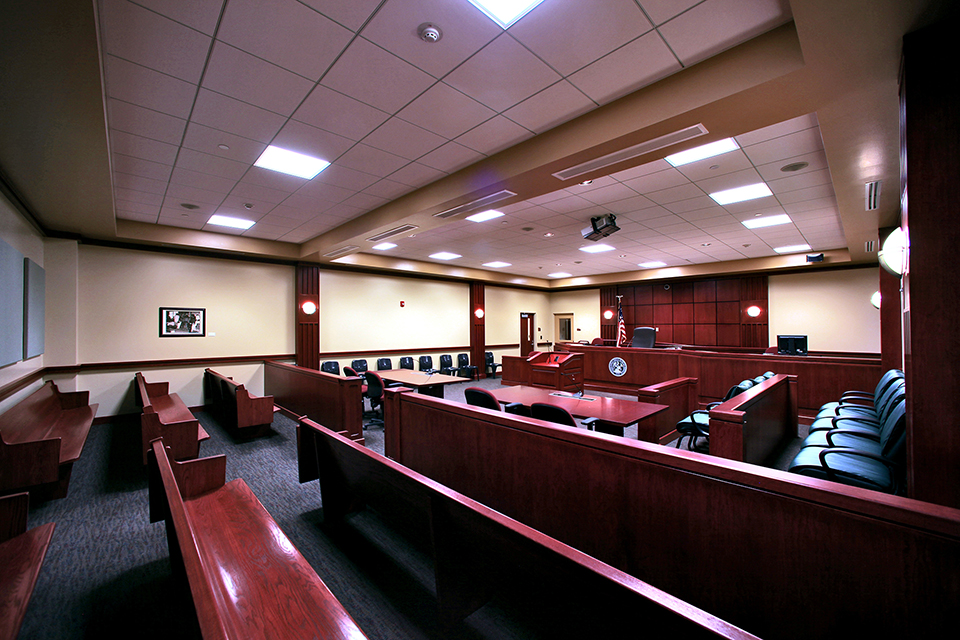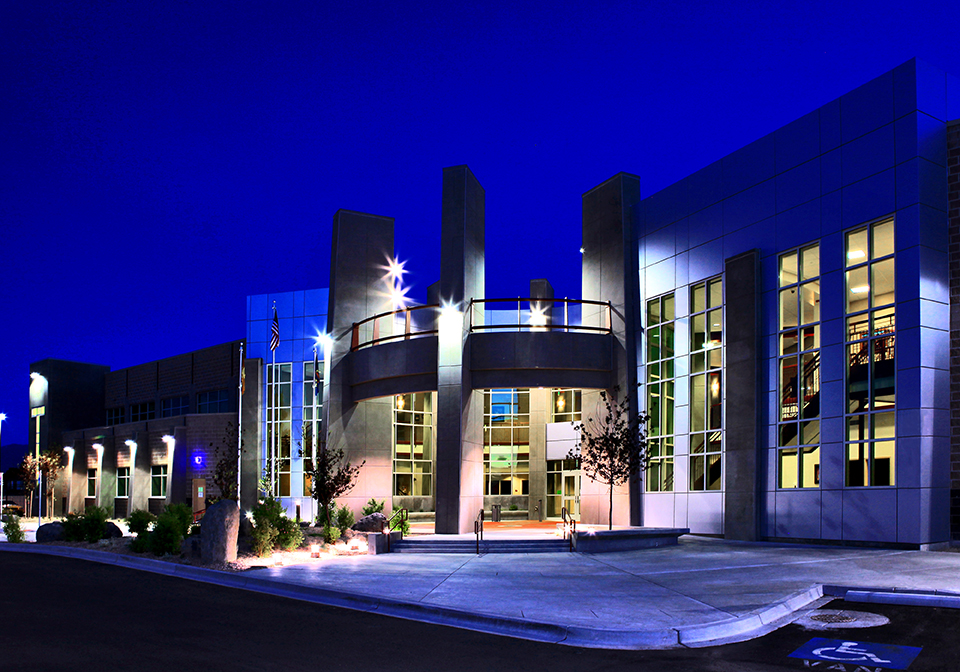Corrections Department.
The mission of the Tribal Department of Corrections is to protect the citizens of the Fort Hall Reservation by providing safe and secure facilities for Native American juvenile and adult offenders committed to the Department’s custody by the courts. The Corrections Departments operates out of the new 80-bed adult and 20-bed juvenile corrections facilities within the Justice Center.
Corrections .
Security and Population.
Security and population segregation are primary concerns of Corrections, and the adult and juvenile portions of the building are self-contained and separated. Goal of the Corrections Department is to be established as a regional detention facility by the Bureau of Indian Affairs, to enable maximum bed space to be utilized within the facility, and to offset costs to build and operate the center.
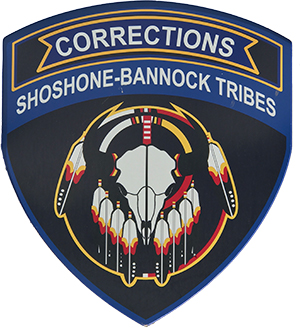
Juvenile Corrections.
The juvenile portion of the building has a dedicated outdoor recreation area for juveniles. Juvenile Corrections also has a medical examination room, a classroom, day rooms, office space, and a multiple-purpose room for use as a classroom.
Because the Juvenile Services Center has multiple purposes, only one of which is detention, the space is fully integrated with the delivery of educational, therapeutic, and social services. The facility allows the Tribes to implement interventions to address core problems, as well as to shelter juveniles who need to be provided protective custody or a similar arrangement.
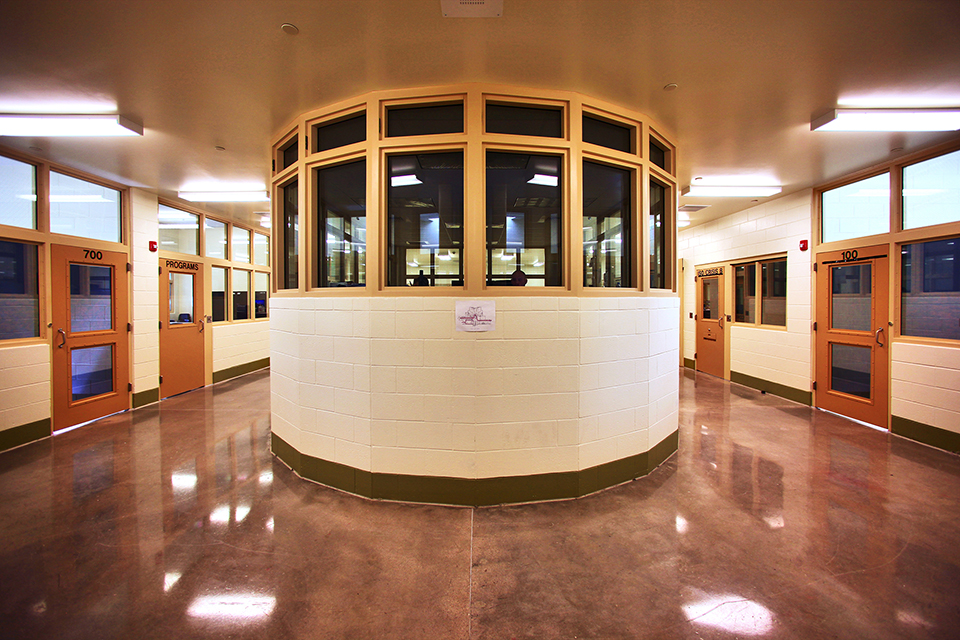
Adult Corrections.
The Adult Corrections Program has space for up to 80 inmates, which allows for growth of the reservation population and ensures the facility is sized for future needs. Adult Corrections includes an outdoor exercise area that is essentially an enclosed courtyard within the building. The jail space includes single-unit holding cells, space for detoxification and suicide watch inmates, and group holding units. Laundry and kitchen facilities are part of the design, and the jail has the capacity to host visitors in a secure arrangement.Significantly, the jail also includes space for a sweat lodge. The sweat lodge is an important part of integrating a culturally appropriate environment into the facility with the understanding that those incarcerated will be returning to the community.
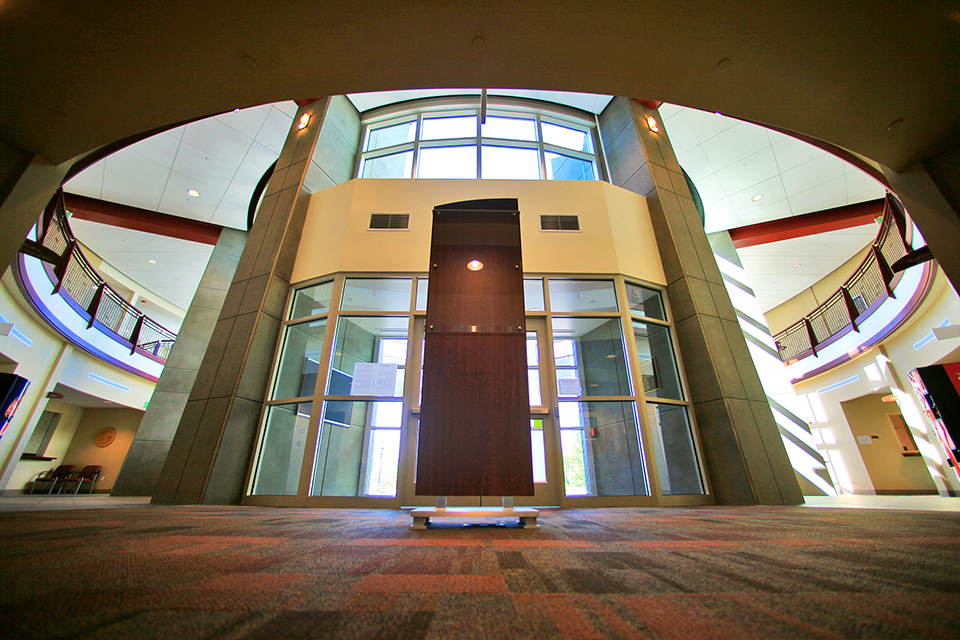
Juvenile Corrections
Adult Corrections
Adult Administrator
Correctional Officer
Contact Corrections Department.

Contact Us
Emergency:
(208)238-4000
Administration:
(208)236-1135
Fax:
(208)478-4005
56 E Agency Road
P.O. Box 306
Fort Hall, ID 83203
Corrections Department.
Tribal Transformation Program.

Intended to increase the success of juvenile offenders returning to the community following placement within the Juvenile Corrections Facility by providing a seamless network of services in the community to address some of the most critical needs confronting youth going through the tribal juvenile justice system: mental health, substance abuse, and gang involvement.
Tribal Transformations pursues its goals and objectives through collaboration with the tribal courts, probation, detention, police, mental health and substance abuse treatment center as well as the State of Idaho and the Idaho Juvenile Justice Commission.
Best Practice Approaches
The design of the Tribal Transformations program is based on best practice approaches to juvenile justice: assessment, individualized treatment, evidence-based programming, and community-based services. Juveniles enter the program upon booking into the tribal detention center. All juveniles housed in the detention center for more the 24 hours are assessed using validated instruments. Clinical interviews are then conducted by trained personnel within the Tribal Health Department.
After the initial assessments have been completed, a screening team develops a treatment plan. The screening team is comprised of a juvenile justice social worker, the youth drug/alcohol counselor (position currently being advertised), the juvenile probation officer, parents or guardians, and others as appropriate (i.e. education, vocational rehabilitation, housing, etc.). Treatment plans are referred to the court to be considered during disposition.
Once the court approves a treatment plan, juvenile offenders begin participation in the Tribal Transformations programs.
